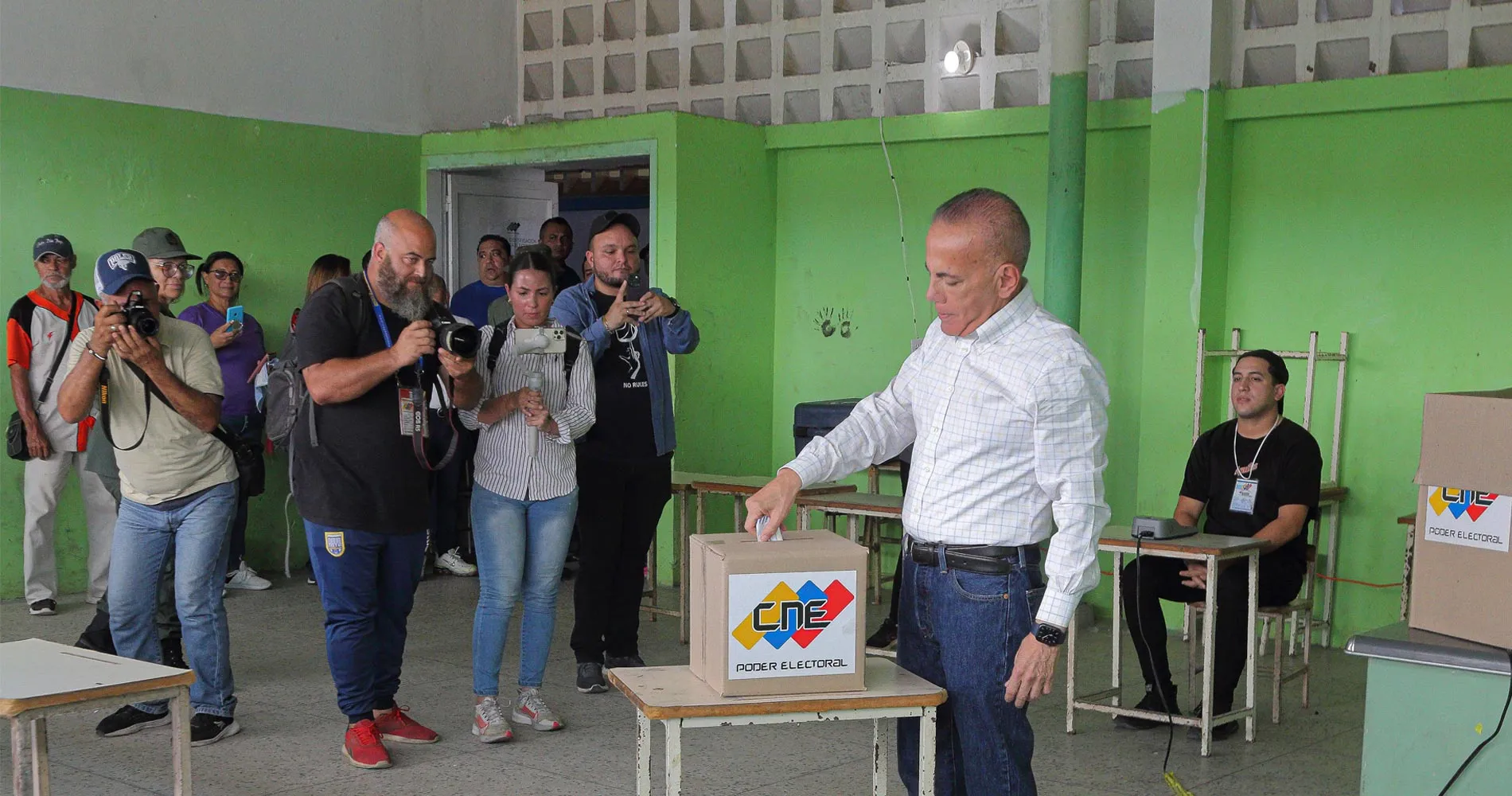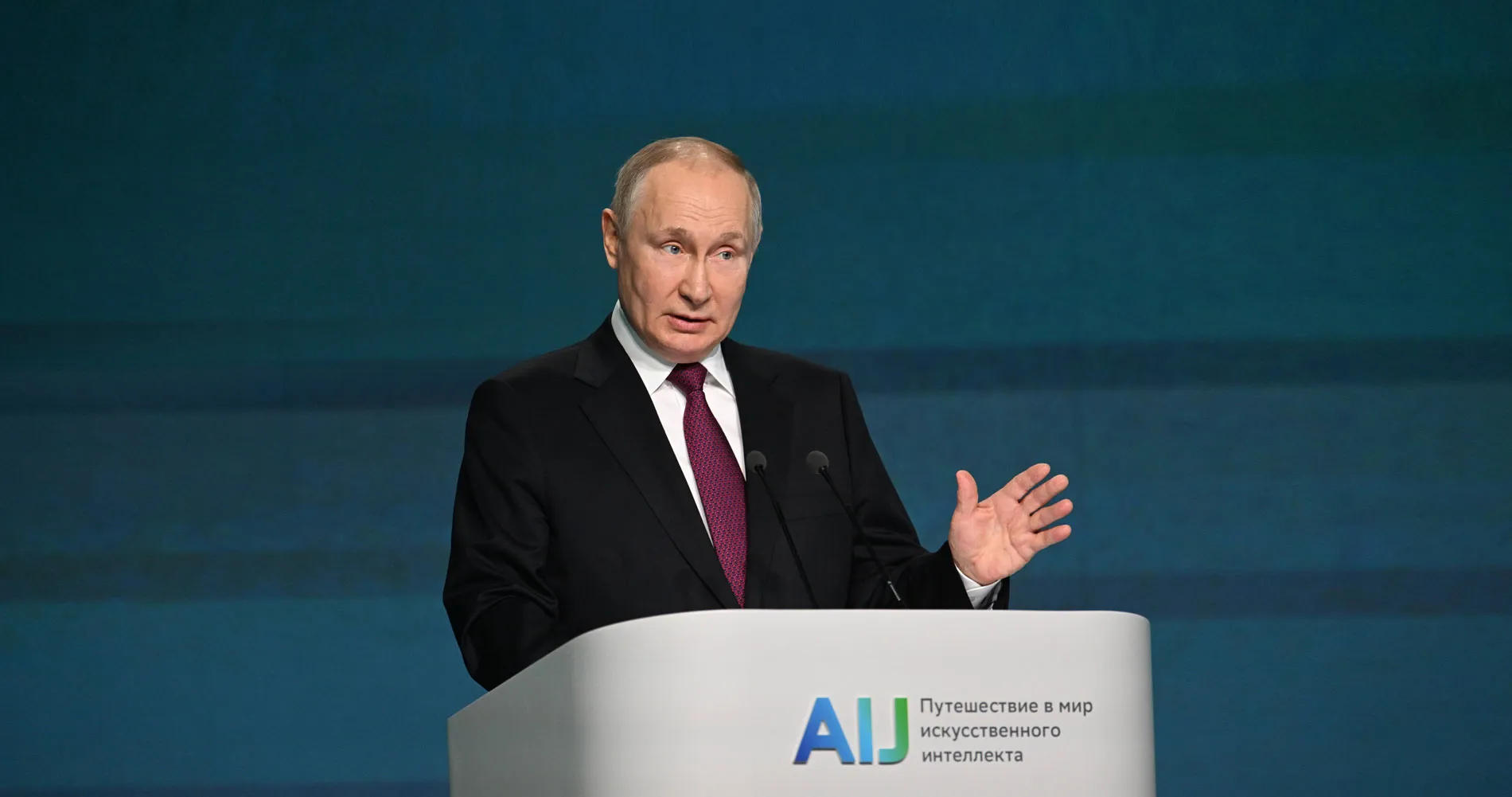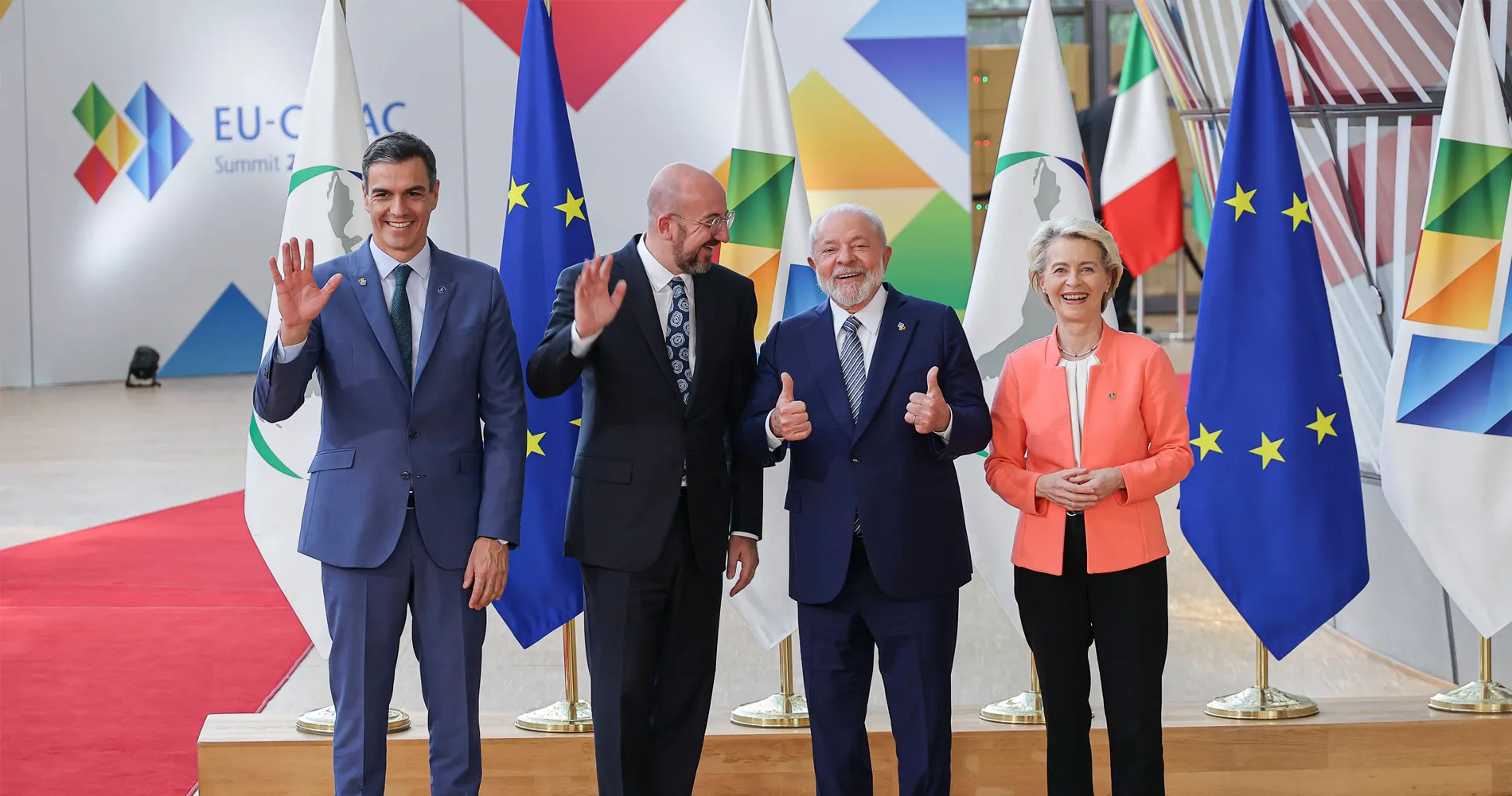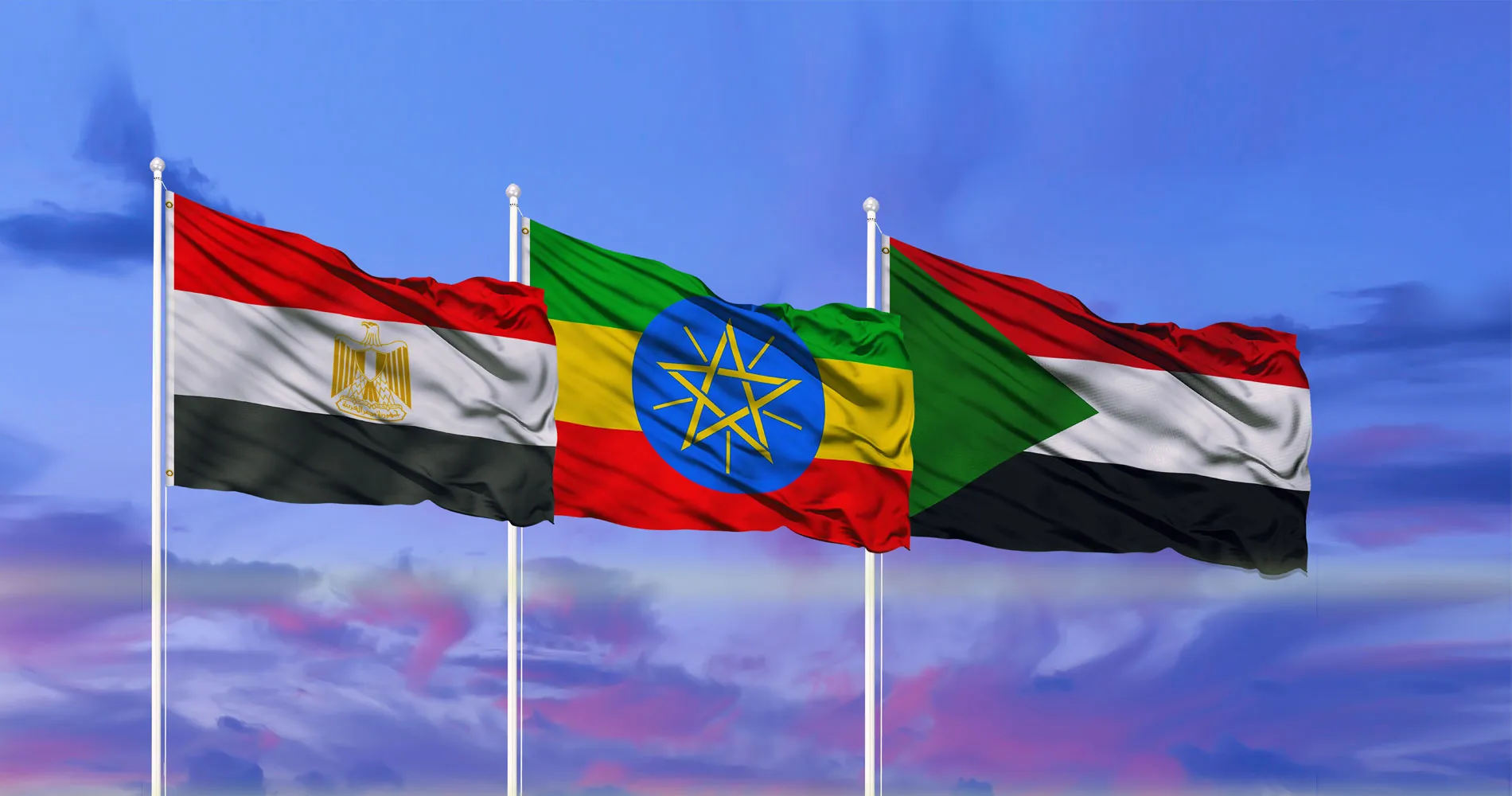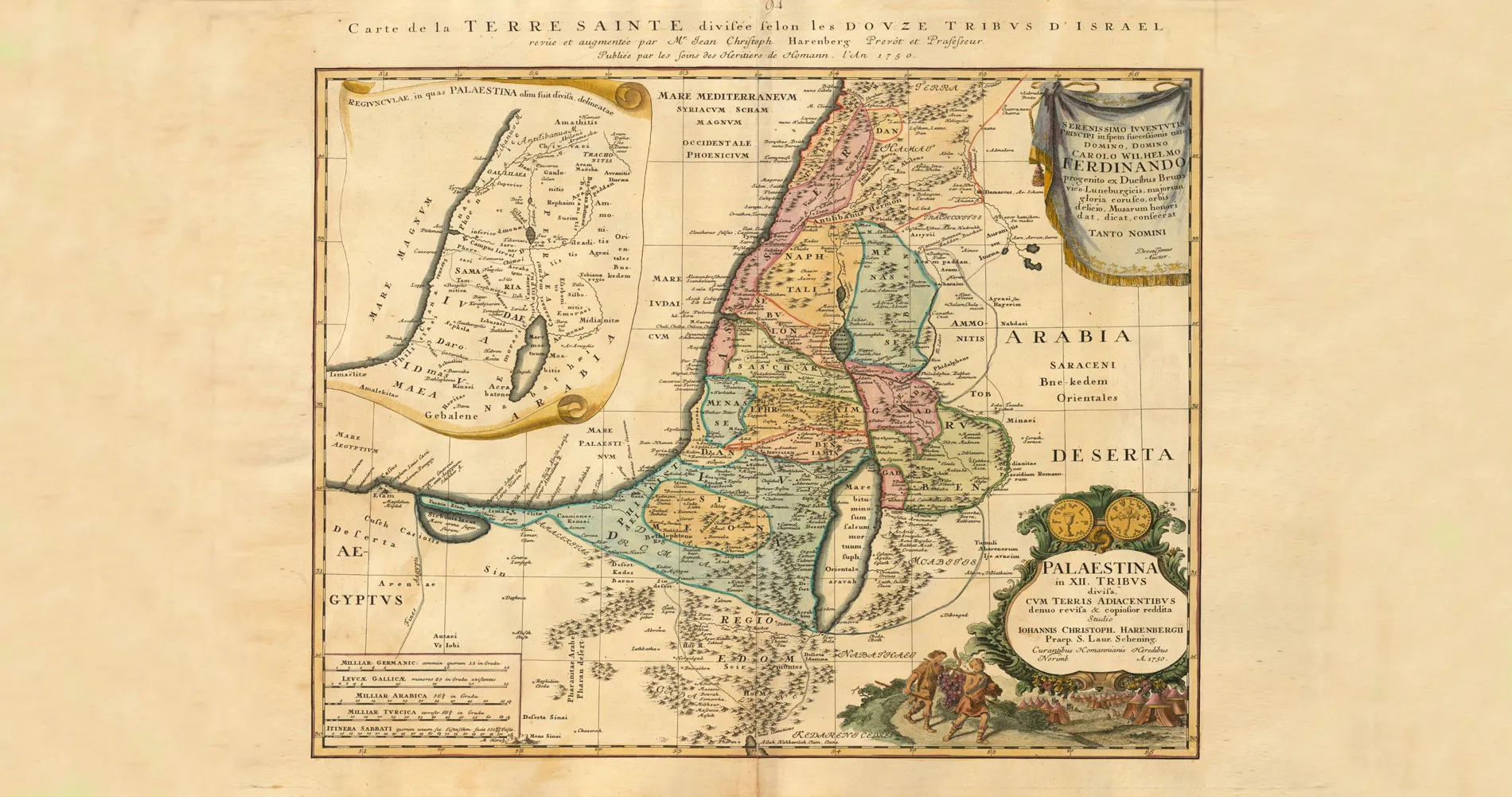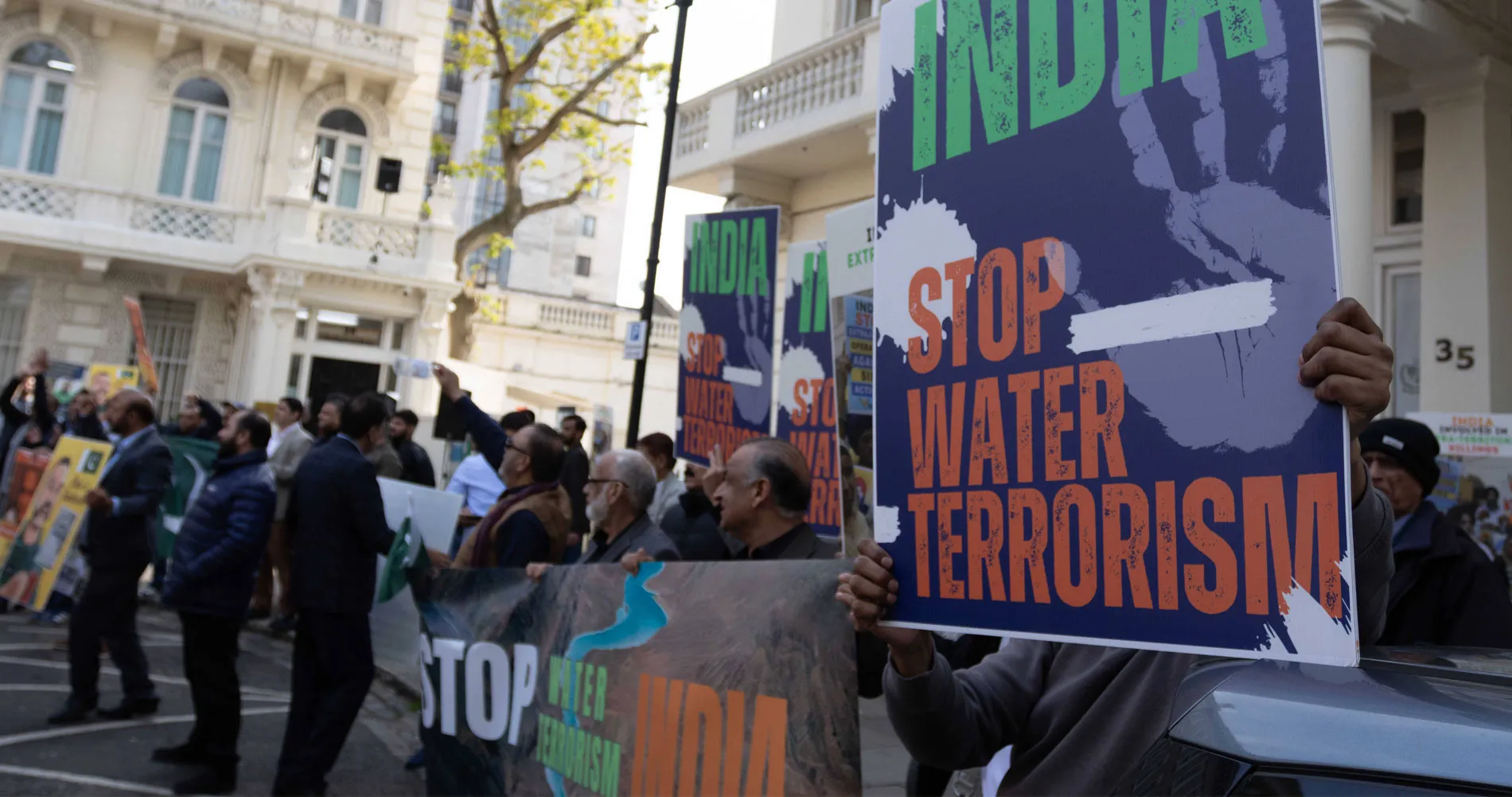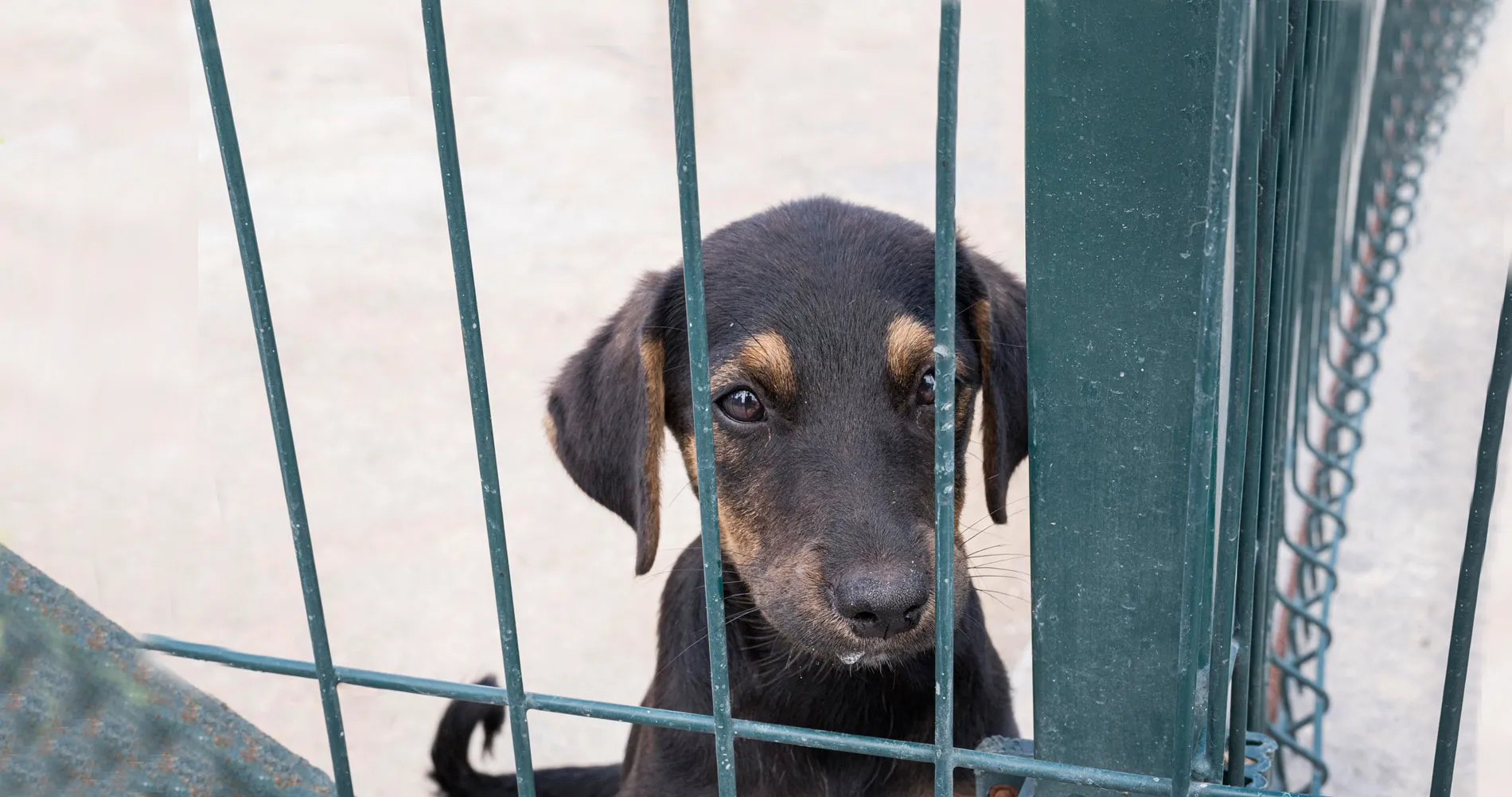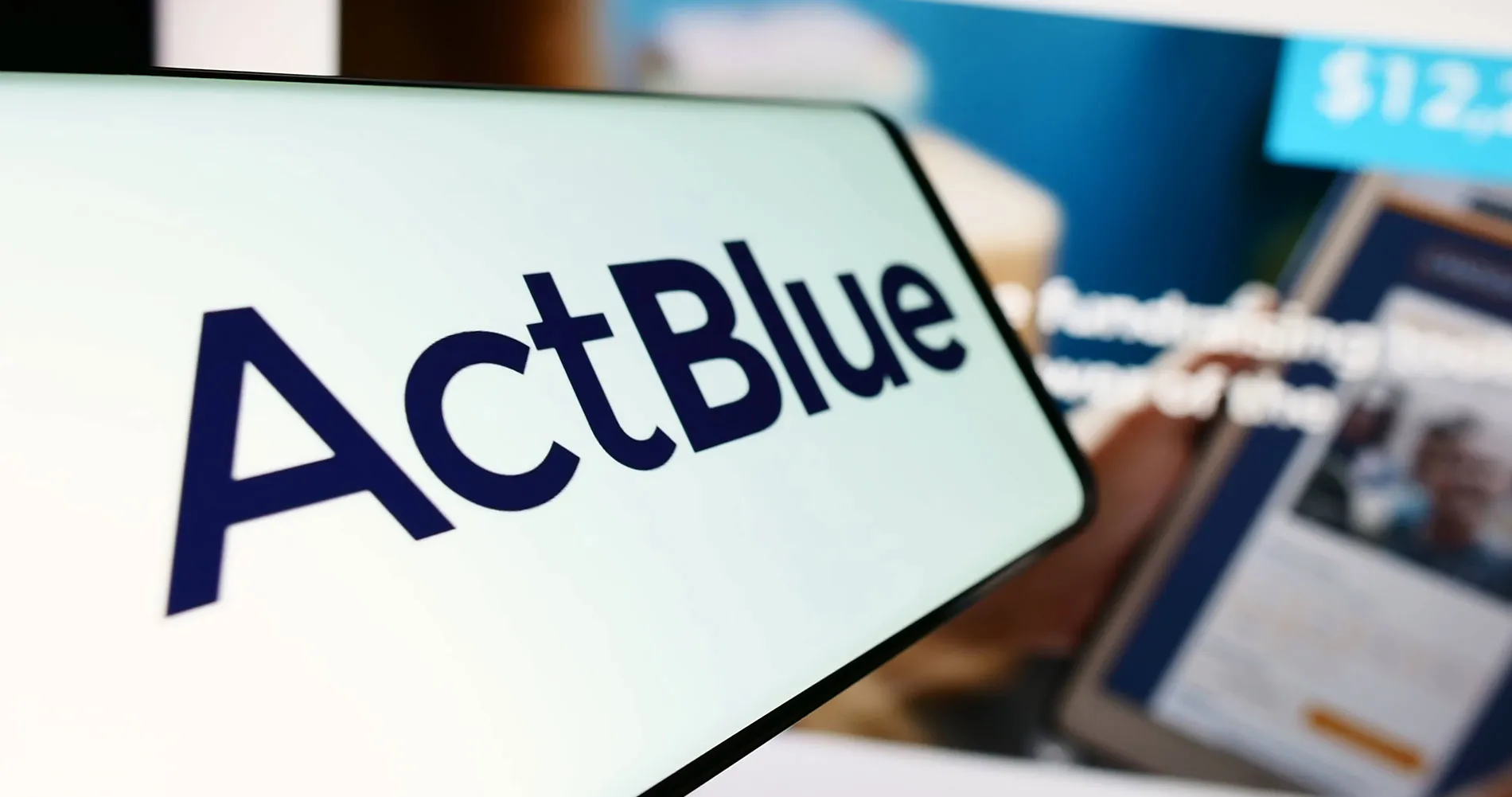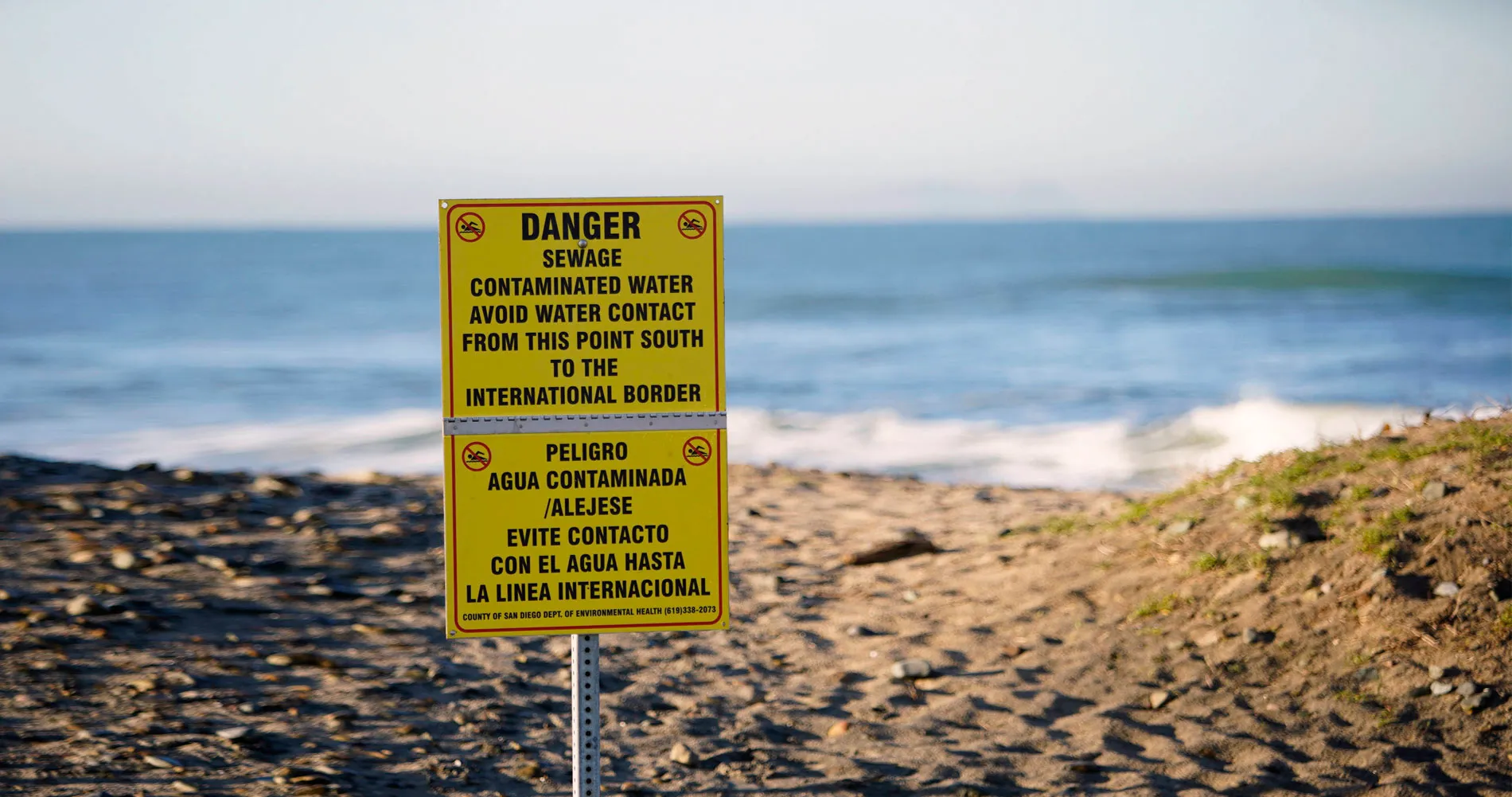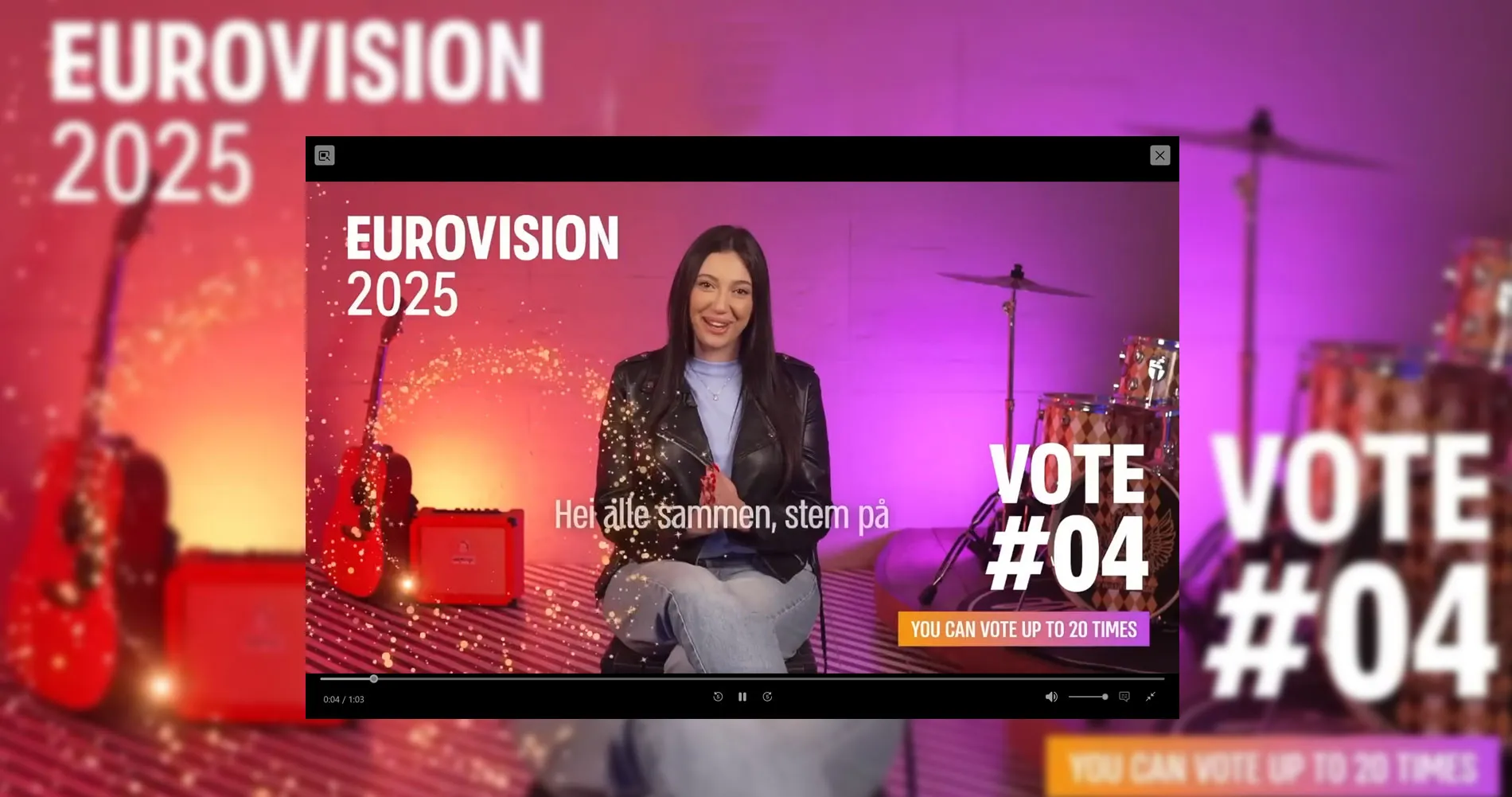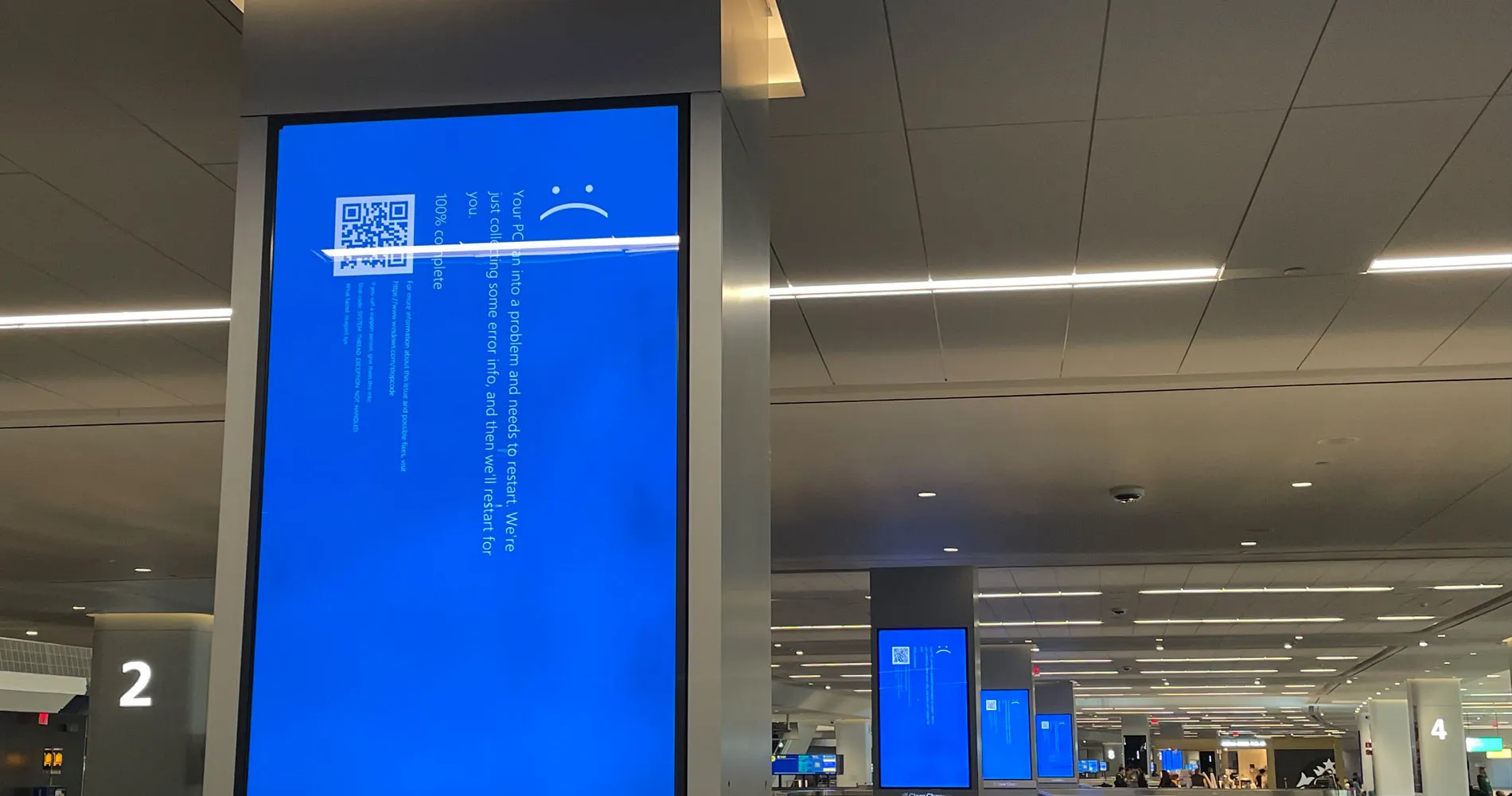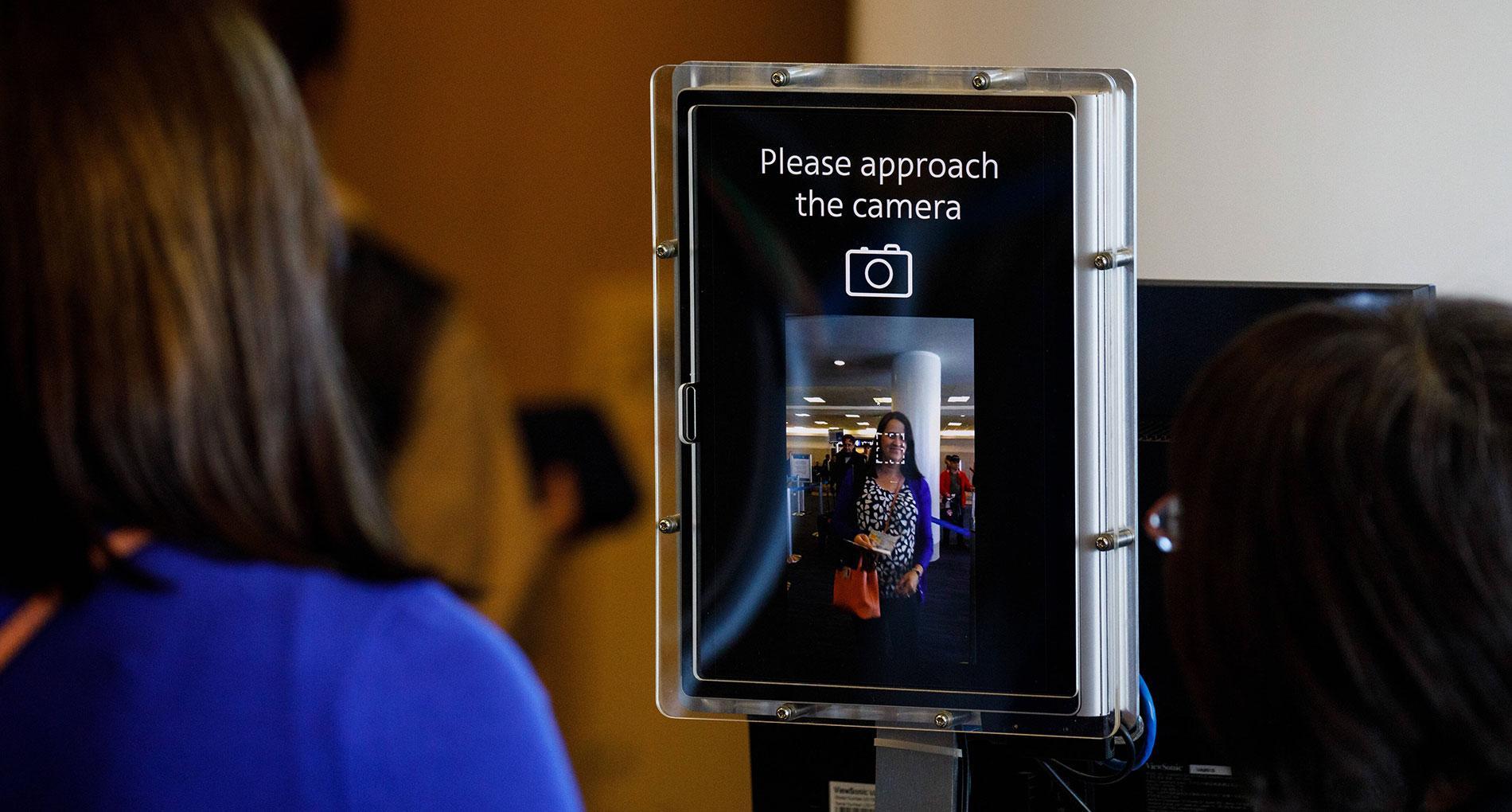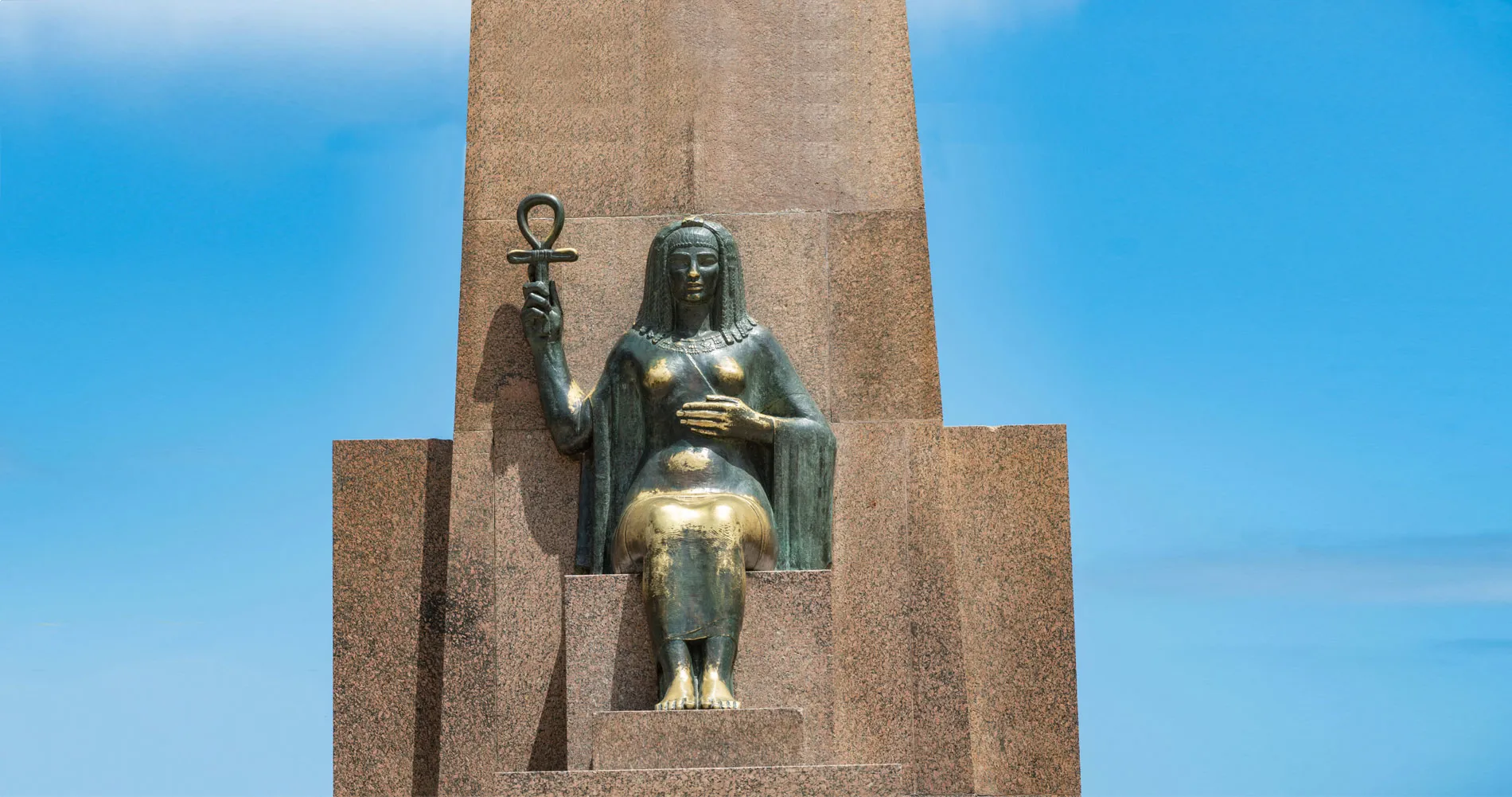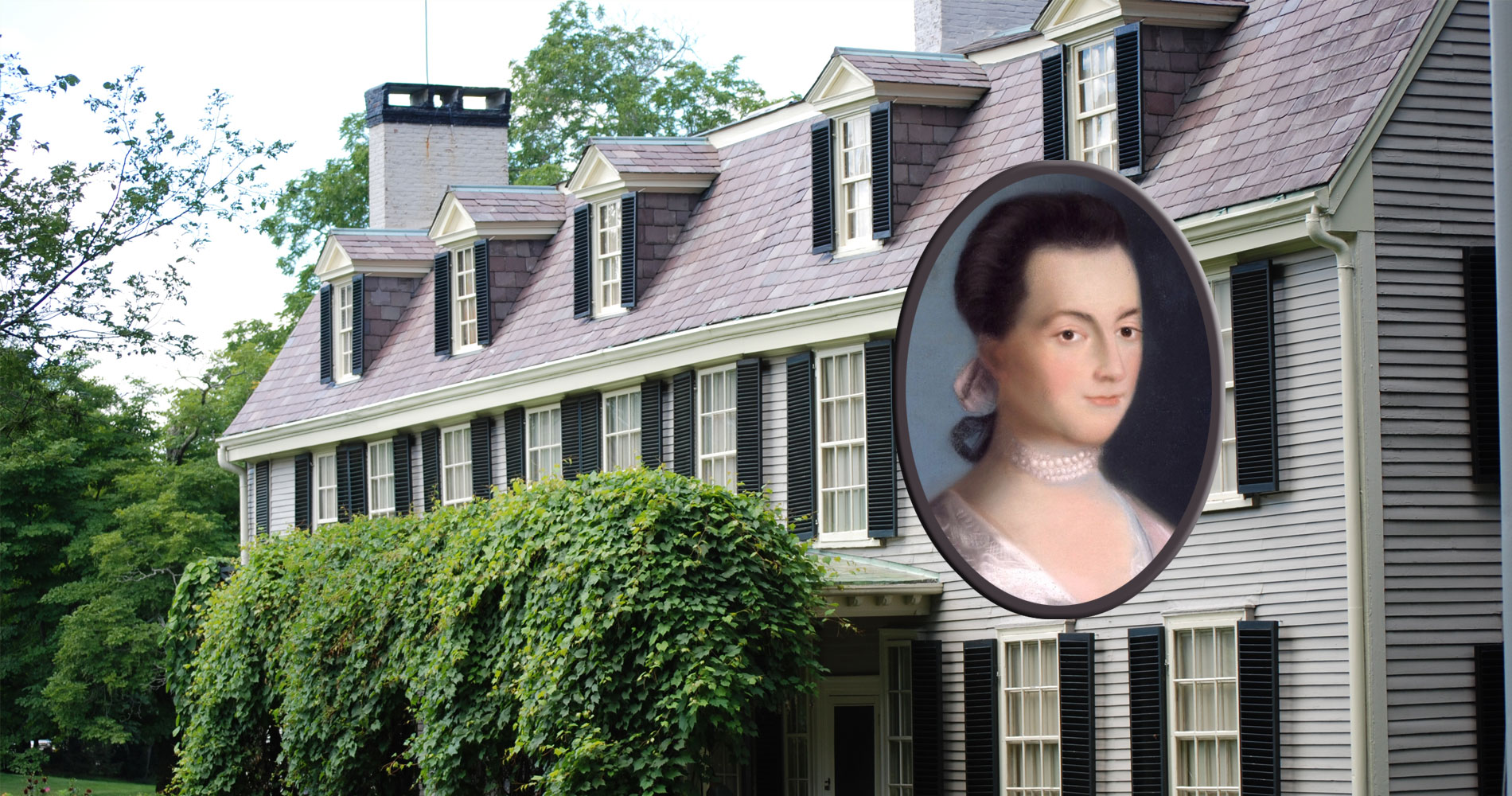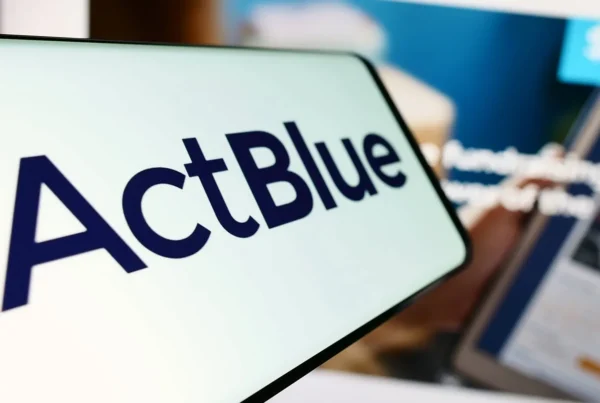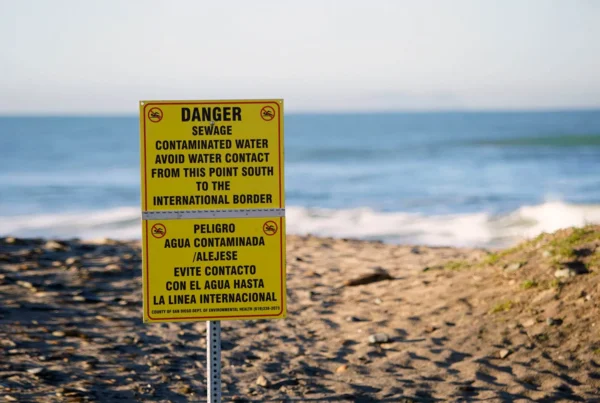Tensions continue to rise between Venezuela and Guyana after Venezuelan President Nicolas Maduro proclaims victory in the referendum to annex the Guyanese territory of Essequibo. The oil-rich region has been a point of contention between the two countries since 2015 when further reserves were discovered. This latest violation of international law could invite further conflict in Latin America. In a tense meeting on 14 December President Madura and President Ifraan Ali agreed not to use force and to form a commission to investigate the dispute.
Reed McIntire, 16 February 2024
Spanish version
On Sunday, 3 December 2023, Venezuelan citizens voted in favor of President Nicolas Maduro’s referendum to reclaim sovereignty over large swaths of neighboring Guyana. The region, Essequibo, is rich in natural resources and also provides access to oil-rich parts of the Atlantic. The vote comes in defiance of an International Court of Justice (ICJ) ruling issued on 2 December which prohibited Venezuela from taking any further action on the matter. Venezuela does not recognize the ICJs jurisdiction.
Venezuela has long claimed Essequibo, since the region was part of its territory during Spanish rule. However, the region was given to Guyana during an 1899 arbitration, when the country was still a British colony. Venezuela reverts to a 1966 Geneva agreement between Venezuela, Britain and then-British Guiana (Guyana) which in their opinion nullified a border drawn in 1899 by international arbitrators.
Tensions between Venezuela and Guyana have risen in response to oil discovered off the coast of Essequibo in 2015. The region is home to the most oil reserves per capita in the world and control of the resource could provide a significant economic boost. In November, the Guyanese government announced the discovery of a new oil reserve worth an estimated 10 million barrels.
The proposed referendum would return the territory to Venezuela as well as give Venezuelan citizenship to current residents. Yet some are claiming election fraud, since little evidence of widespread voting was observed, despite government claims of 10 million votes cast. Nevertheless, Maduro maintains that the vote is a “total success for democracy.”
Critics of the Maduro regime point to consistent systemic failures of Venezuela’s democracy. In September 2023, Amnesty International filed a report with the UN Human Rights Committee on what it called “spikes of repression” on freedom of speech and association in Venezuela. Some view the recent referendum as an attempt to nullify claims of illegitimate democratic processes before the next presidential elections in 2024
The vote itself consisted of only five questions. Chief among these were whether or not the Venezuelan people wished to reject both the 1899 proposal as well as ICJ jurisdiction. The positive outcome for Caracas was thus also in total defiance of international law. Guyana’s President Irfaan Ali clarified during a national broadcast that their position is non-negotiable.
Although, the Venezuelan government has not taken any further steps towards annexing Essequibo, the inhabitants of Guyana view the move as an additional step towards total annexation of their country. The territory of Essequibo comprises two-thirds of Guyana’s total territory and the government has since denounced the referendum. Essequibo is home to 125 000 out of 800 000 total Guyanese citizens. On an environmental level, the region features pristine tropical forest and an abundance of natural resources such as precious minerals. The annexation of the region and its resources would severely limit the Guyanese ability to compete on the global market. However, the Guyanese maintain an advantage in alliances.
During the build up to the vote, the US military announced it would support the Guyanese in the event of a Venezuelan invasion. Guyana has since received additional support from both the Organization of American States (OAS) and the Caribbean Community (CARICOM). To the south, Brazil is observing the situation and President Lula da Silva wishes “common sense prevails, on the side of both Venezuela and Guyana”. The Brazilian military has since sent additional forces to its common borders with both nations.
For Venezuela, additional oil reserves could be the solution for an economy in crisis. Between 2014 and 2021, the Venezuelan economy shrunk by 80%. This also reflects the impact of US sanctions against Venezuela. Consequently, Caracas has already instructed the national petrol company Petróleos de Venezuela (PDVSA) to begin drawing up maps and expeditions. Still, Maduro’s government is in a precarious position.
The two nations have since announced bilateral talks on the island nation of St. Vincent to assuage any further tensions. Additionally, the Brazilian government is slated to act as an observer of the talks. These upcoming talks are largely in response to Venezuela’s wishes. Venezuela seeks to use the former territorial agreements as a negotiating factor, while Guyana wishes the ICJ to resolve the issue. Caracas has further clarified it wants Latin America to remain a “region of peace” despite the tensions.
On 14 December 2023, leaders of Guyana and Venezuela met on the eastern Caribbean Island of St. Vincent. In the tense meeting both sides agreed that the use threats or force against the other was not an option. No agreement was reached on how to address the ongoing dispute over Essequibo. A joint commission of the foreign ministers of both countries and other officials will address the problem. A report is expected within three months. Guyana’s government reiterated its stance: Essequibo “is not up for discussion, negotiation or deliberation.”


